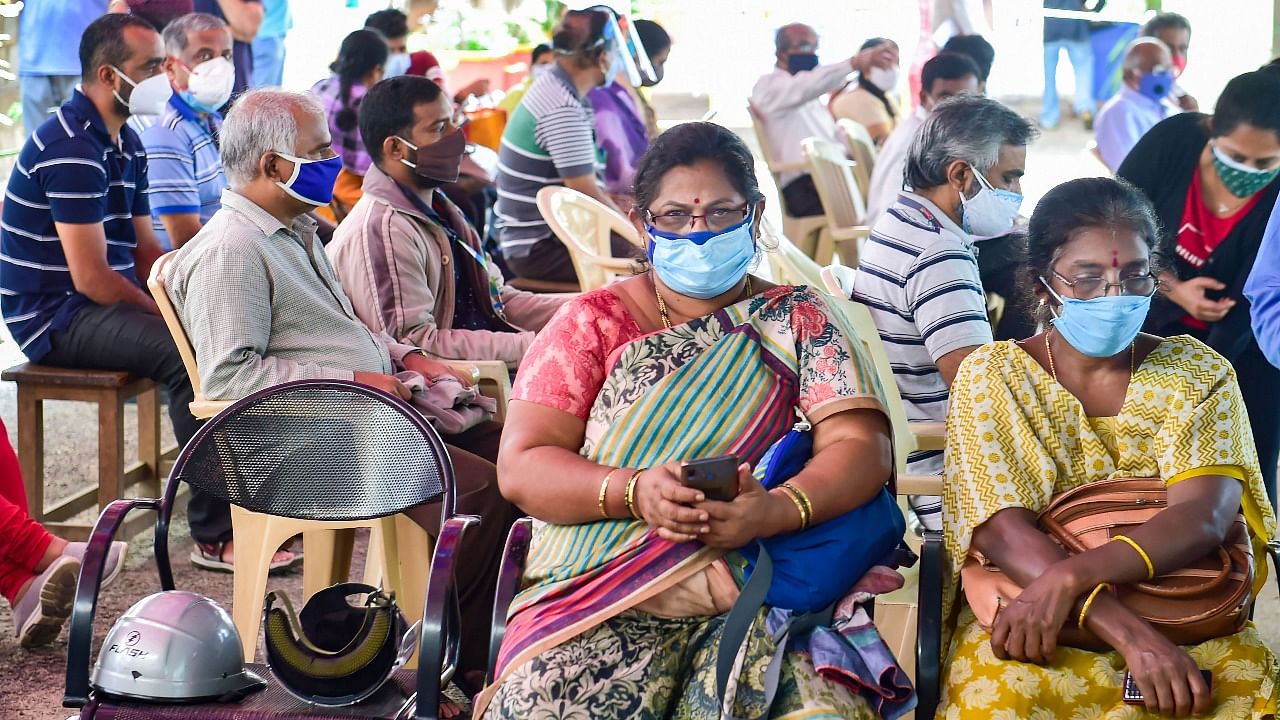
Covid-19 Test Positivity Rate (TPR) in Karnataka surged from 13% on April 19 to a record 40% on May 17 for a reason: The state’s decision to restrict testing to only symptomatic people, as a recent study by Jeevan Rakshe found.
Karnataka’s shift in strategy differed starkly from the first wave when the primary goal was to reduce TPR by conducting maximum tests, the study notes.
Compared to Karnataka, Odisha’s TPR grew from 12% to 18% while Uttar Pradesh’s rate reduced sharply from 14% on April 19 to just 4% on May 17. What explains this wide variance in TPR?
On Odisha, the study attributes it to a consistency in its testing approach. “It has given weightage to both, quality and quantity of testing. Therefore, the surge has been gradual. This has helped the state to identify and isolate the infected people relatively faster and achieve relatively lower mortality.”
Odisha also followed up its testing with systematic tracing of primary and secondary contacts. When the infected people are identified when the virus onset is mild or very mild, intervention is more effective and recovery faster.
But Uttar Pradesh, the study concludes, adopted a different strategy. The state used the economical and faster Rapid Antigen Tests (RAT) to boost testing and reduce its TPR. However, since RATs tend to give high false negative reports, the conclusion is this: “More number of people with less relevance to Covid-19 could have been tested.”
Due to the state’s poor quality of testing, the seven-day Moving Growth Rate (MGR) of new positive cases rose from 2% to 24% and mortality increased from 1% to 15% between April 2 and 26.
“Test positivity is a measure of testing capacity. While it can provide important context about case totals and trends, it is not a measure of how prevalent the virus is in communities. Policy decisions, like openings and closings or interstate travel, should not be determined based on test positivity alone,” the study cites a quote attributed to the Johns Hopkins Coronavirus Resource Centre.